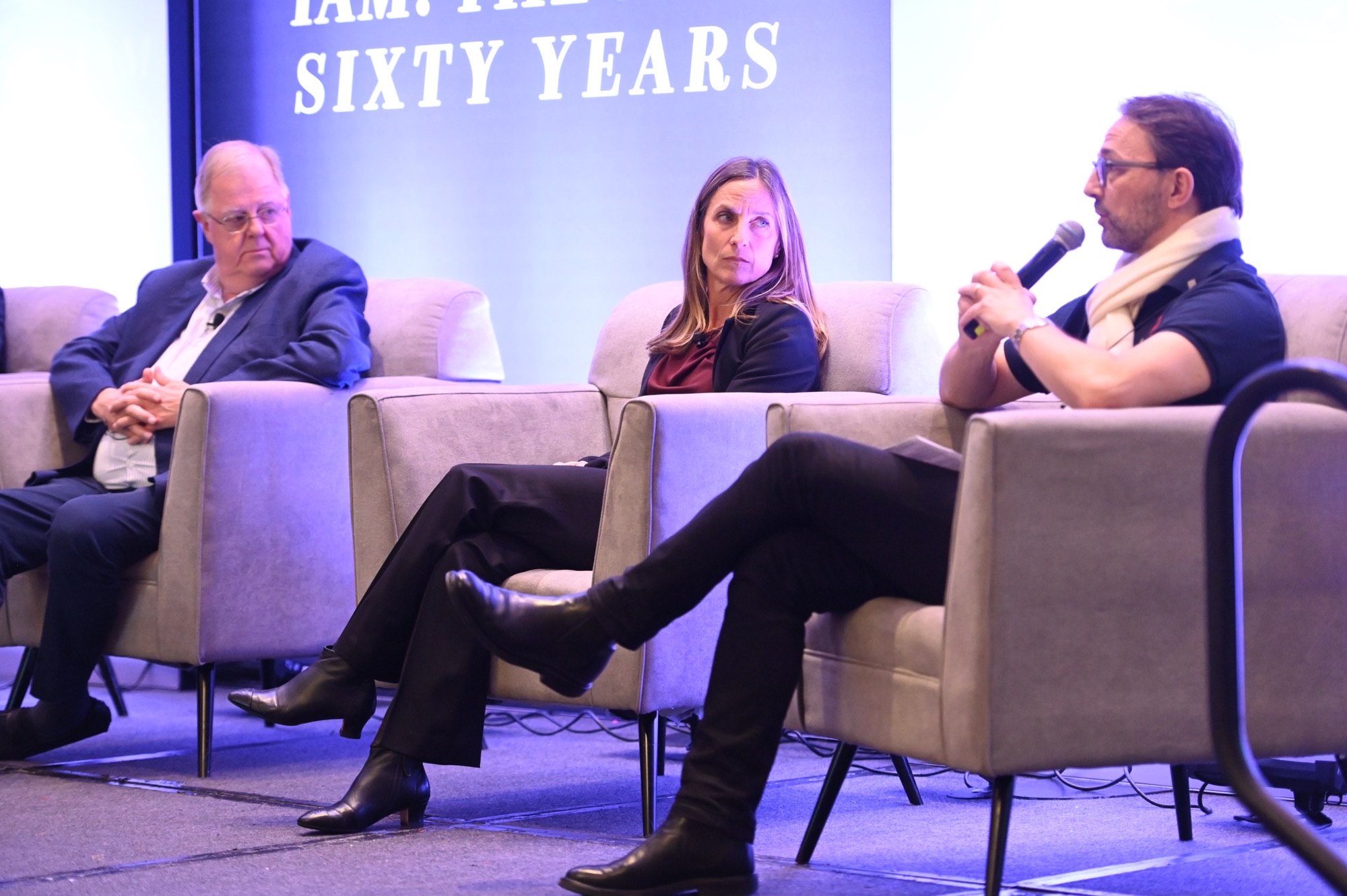Following her participation in a panel discussion at IAM’s Annual Meeting, Crown Worldwide Group’s Jennifer Harvey, CEO Americas, reflects on how global change is affecting businesses in the international relocations industry.
We have all learned so much in the last few years, haven’t we? We’ve had to adapt and change, develop new perspectives and work to overcome challenges that we never envisaged.
And as we’ve learned and changed individually, the world has changed, too.
It’s not often, in the relentlessness of day-to-day life, that we stop and reflect on that. Yet, I had the chance to recently, when I was invited to be part of a panel at the International Association of Movers (IAM) Annual Meeting & Expo in Atlanta.
I joined other industry leaders to discuss and share how multinational movers are navigating the future of mobility.
This gave me the opportunity to pause for thought, consider the changes that we’ve seen in the world, and the impact of those changes on both global mobility and at Crown.
The first question asked of the IAM panel was what we had learned from Covid. There is, of course, so much around wellbeing and taking better care of ourselves.

A shift to region-specific propositions
But I reflected that – in a business context – we have learned it’s not necessary to do everything the same way globally. We saw that geographic regions and countries responded to the pandemic differently, with variations in health policy and restrictions.
In turn, customers needed different things and the challenges and opportunities in each market were different. So, at Crown, we learned to have the courage to be more region-specific in our propositions and business models, in a break from our past where we’ve driven global consistency.
A greater focus on profitability and margin growth
The discussion then moved to the challenges our industry faces now, ranging from political to economic, both creating uncertainty and limiting current growth of international mobility.
My contribution was that in the face of uncertain market growth for the foreseeable future, companies in our industry are less focused on revenue growth and more focused on profitability. We’re seeing this in the face of rising costs and continued price pressures, which are squeezing margins.
But amid change and uncertainty, there is often hope and opportunity.
Greater collaboration
One such opportunity I shared with the audience is for collaboration between companies that were previously in competition. Covid made international moving companies assess their operating models to make them more financially sustainable, with more companies deciding against owning and operating their own service delivery in every market they serve. This presents new opportunities for movers to collaborate and competitors, in some cases, have become customers.
We were also asked about how companies like Crown are facing up to global challenges of employee turnover amid a broad and varied application of flexible and remote working policies. This is such an important discussion, given the pandemic taught us that while it was possible to enhance wellbeing by working from home, it also risks diluting culture when staff work away from the office.
A renewed focus on company culture
The approach we have taken at Crown is to amplify who we are, what we do, and what we stand for. Companies need to continue to build culture. And to do that, they must work to communicate values and purpose. That is true whether a team is in person, remote or hybrid.
At Crown, our purpose is ‘making it simpler to live, work, and do business anywhere in the world’, and we are working hard to unify our diverse, geographically disparate team behind that. Equally, we want our team to know that we adhere to a set of values. Whether talking to a colleague in Kuala Lumpur, Mexico City, New York or London, our staff and clients should know they are engaging with someone bound by our values of caring and sharing, and being determined, open-minded and there.
My final reflection, as we ended a hugely productive discussion, was on the future, and in particular attracting younger talent to the industry.
How ESG and technology are critical to attracting talent
To attract younger generations, companies must invest in that culture, but also ESG and technology. That’s why these three areas are a key focus for us at Crown. It’s been evident for a while that corporate social responsibility and sustainability figure more prominently in the thinking of clients and staff. We are proud of the legacy we have in supporting the communities in which we operate. But we recognise, like all businesses, there is more to be done, particularly in tackling environmental issues.
Technology, while vital to remaining competitive, also has potential to accelerate how quickly we all achieve the sustainability goals that we’re setting. So, investing in that forms a key part of our own strategic thinking.
A new business ecosystem to take on challenges
It is this ecosystem, or cycle, of investment in technology, focus on ESG, enhancement around culture and wellbeing that will attract the next generation of talent. Each element here has a critical influence on the other.
Casting a spotlight on these areas presents big opportunities to overcome the pressing challenges we’re seeing as we move into 2023.
It was great to be a part of the panel at IAM’s annual meeting. But it was better still to really contemplate how the last few years have truly moved the international moving industry.